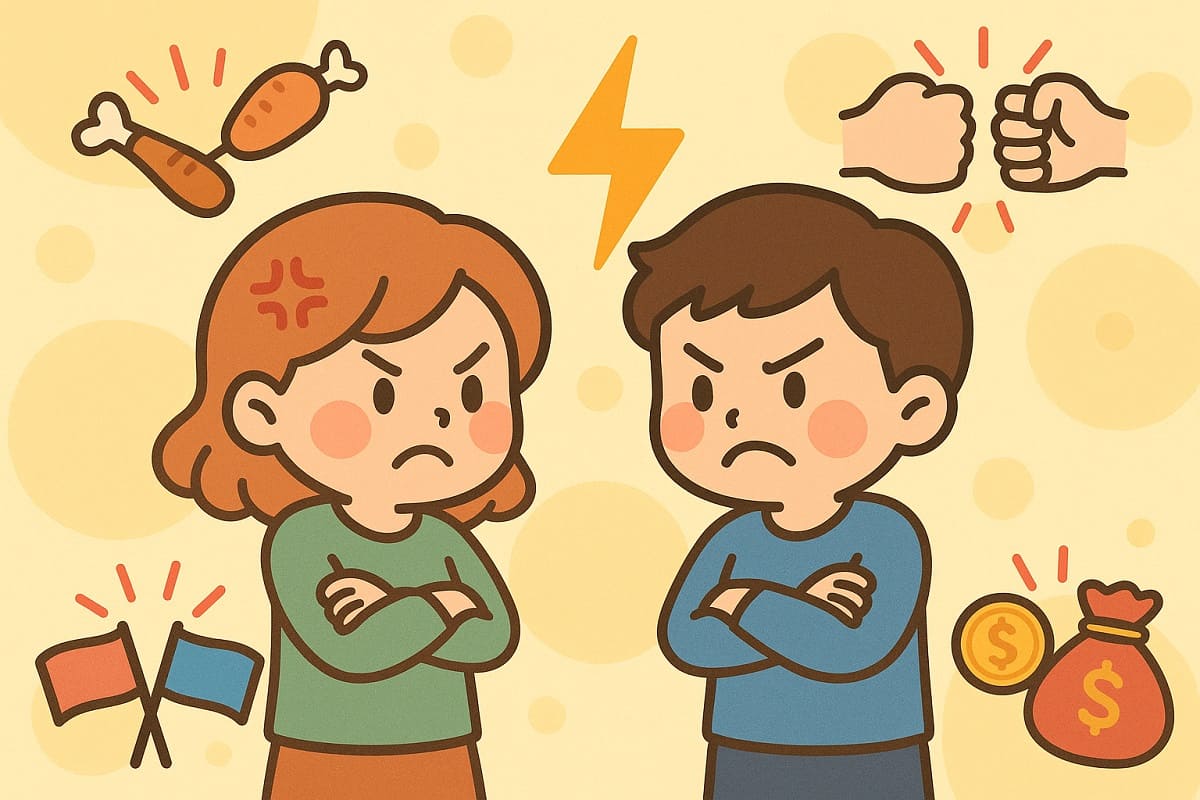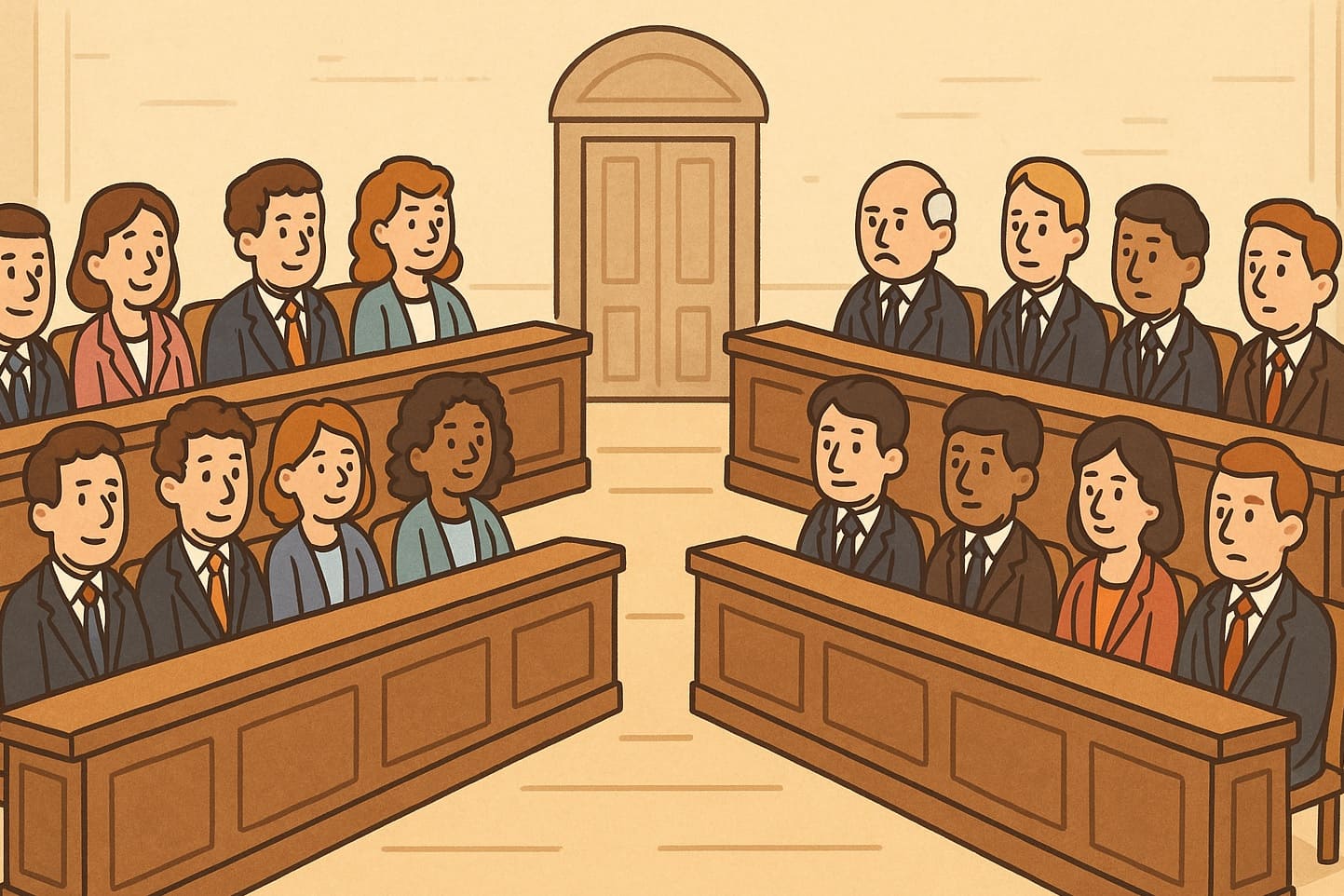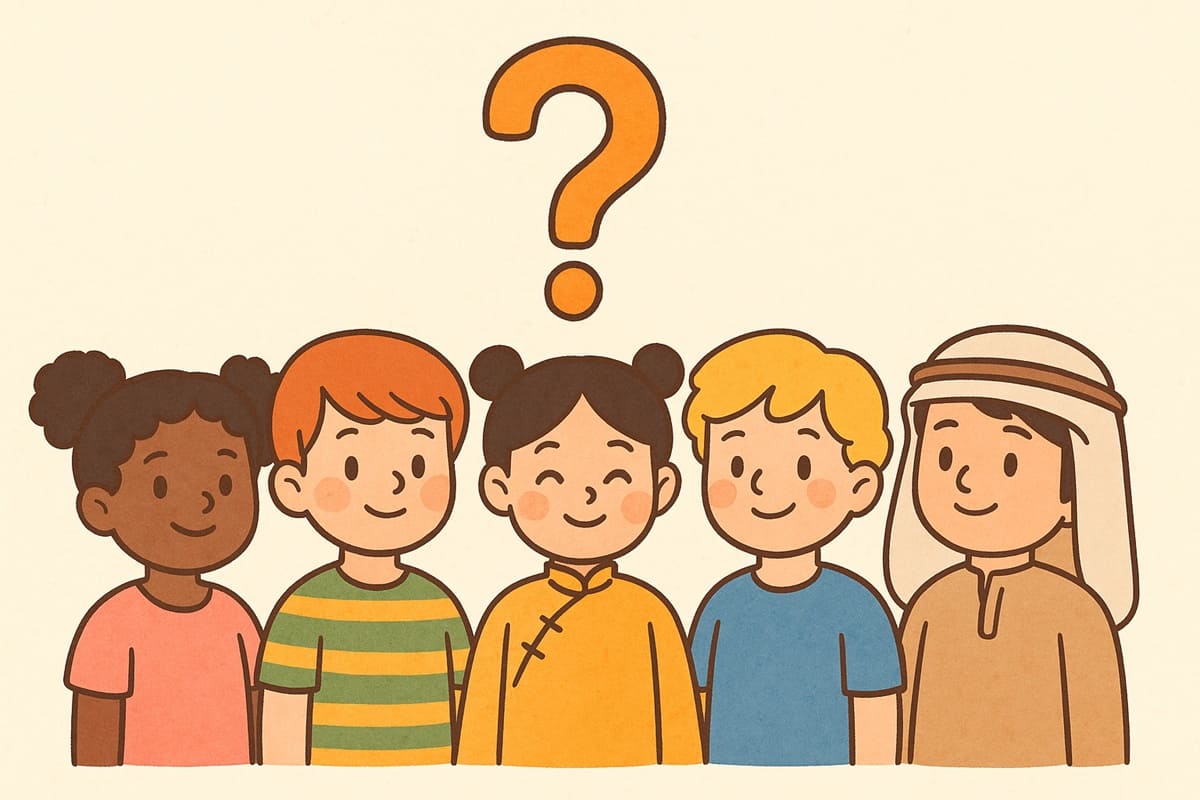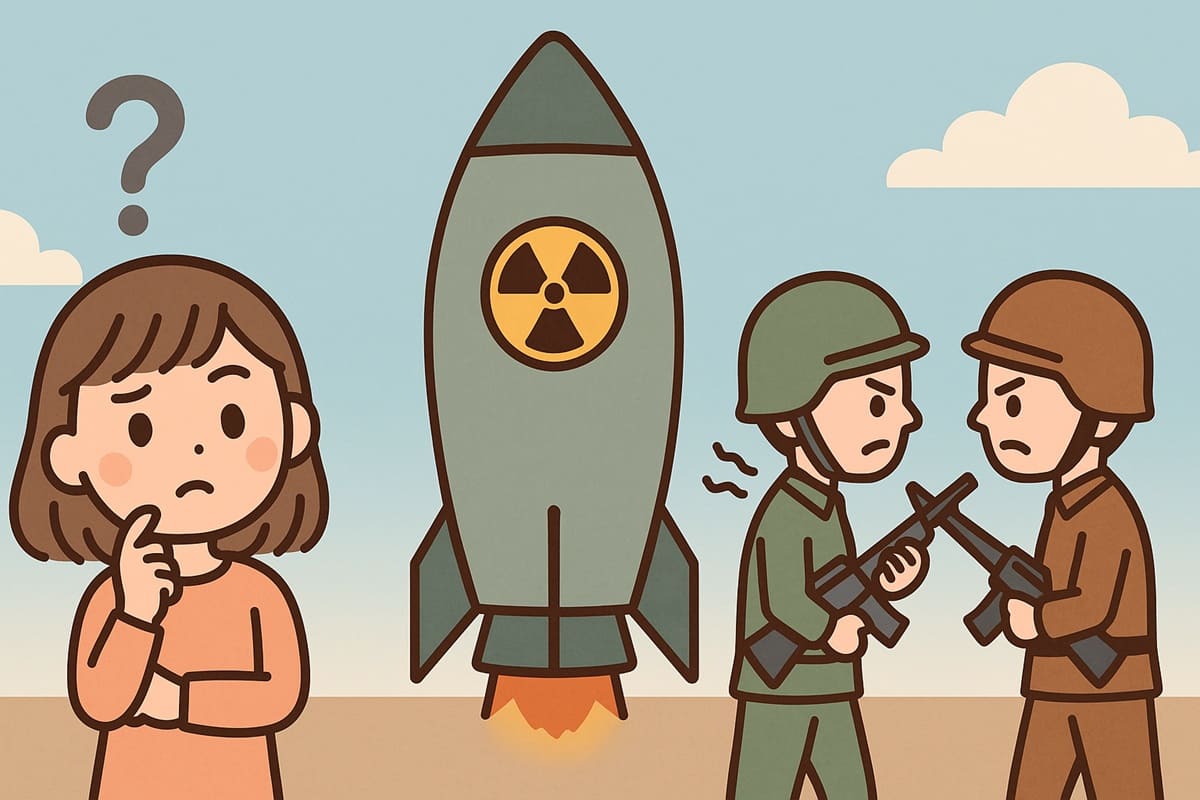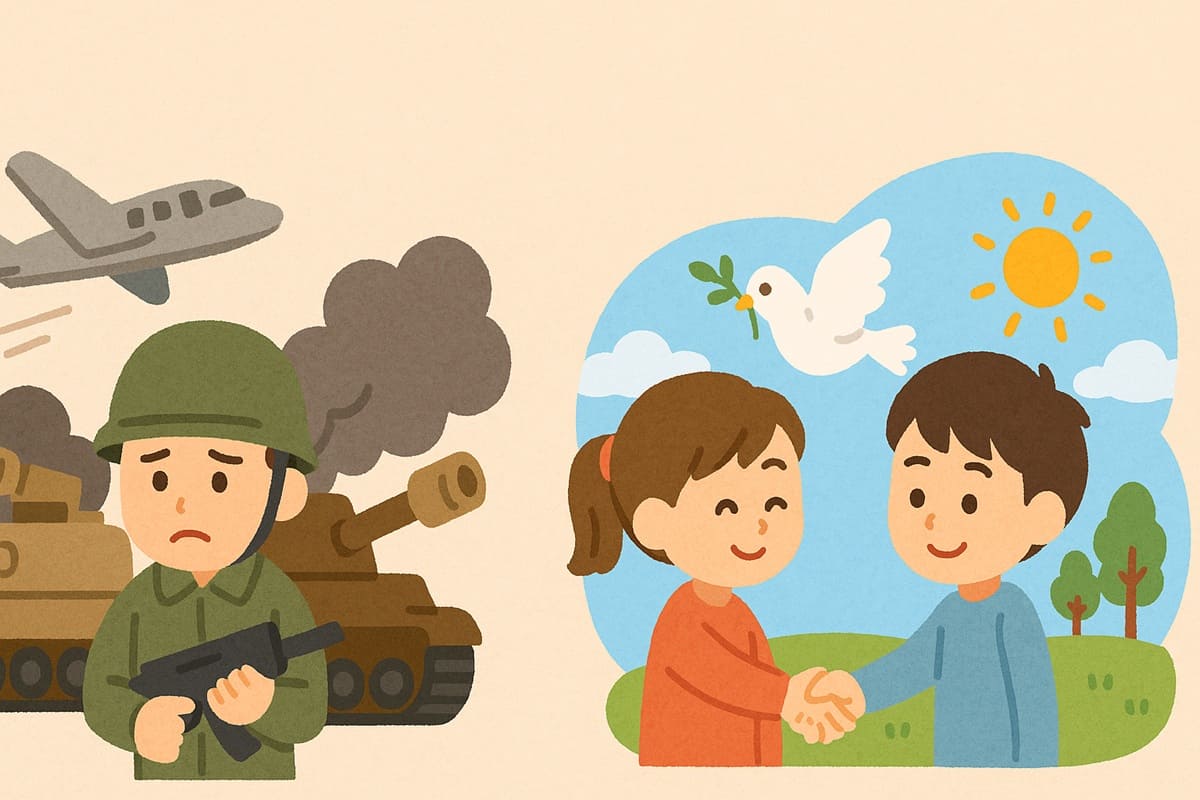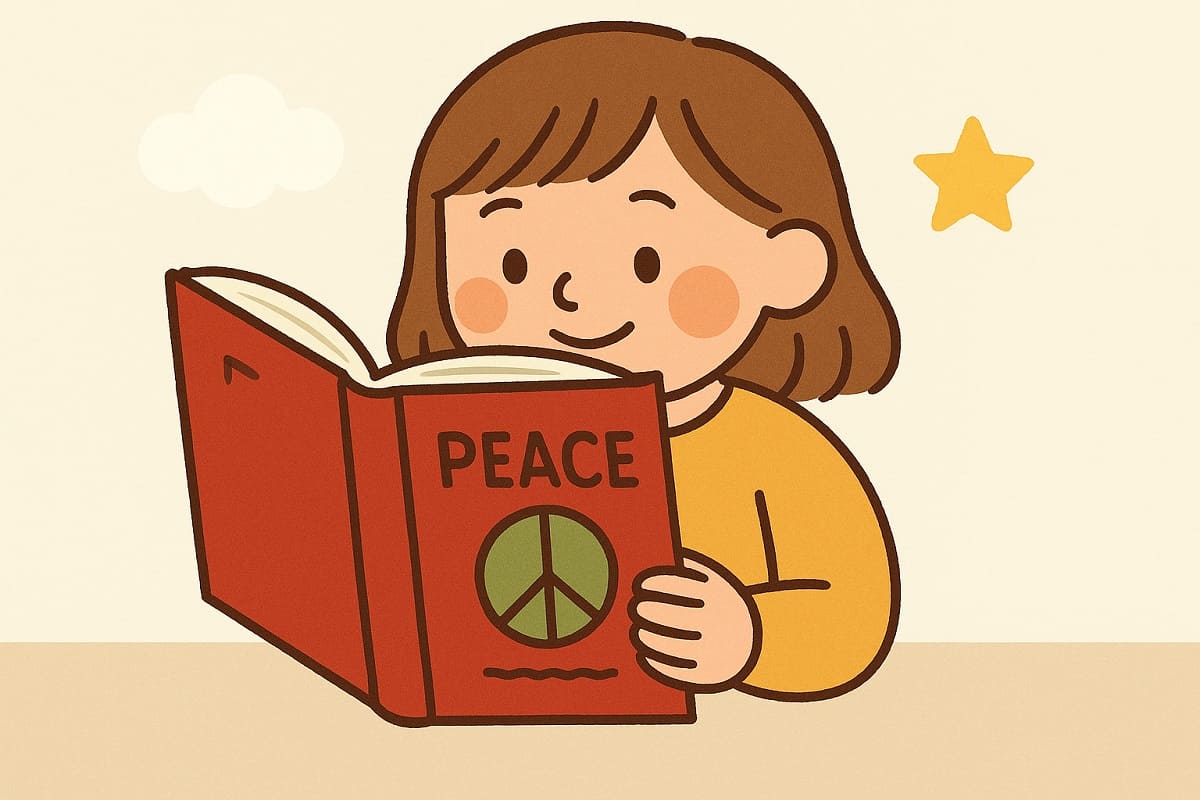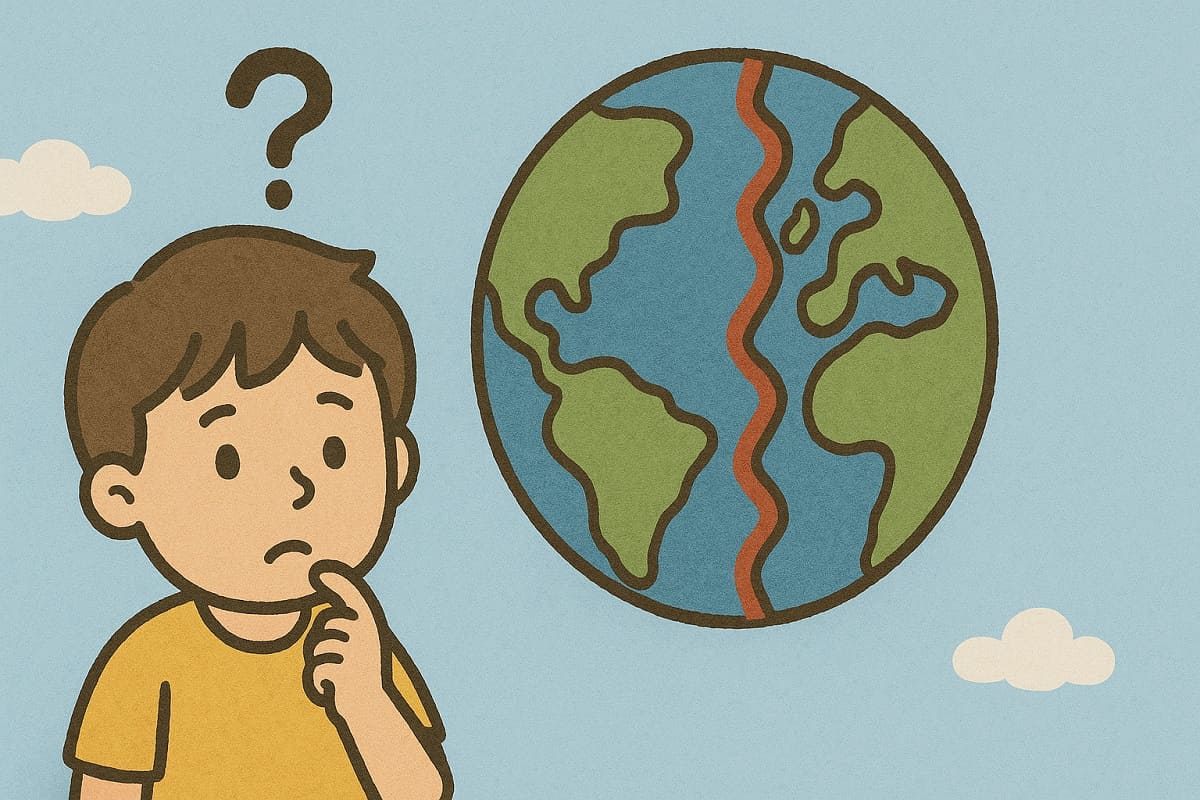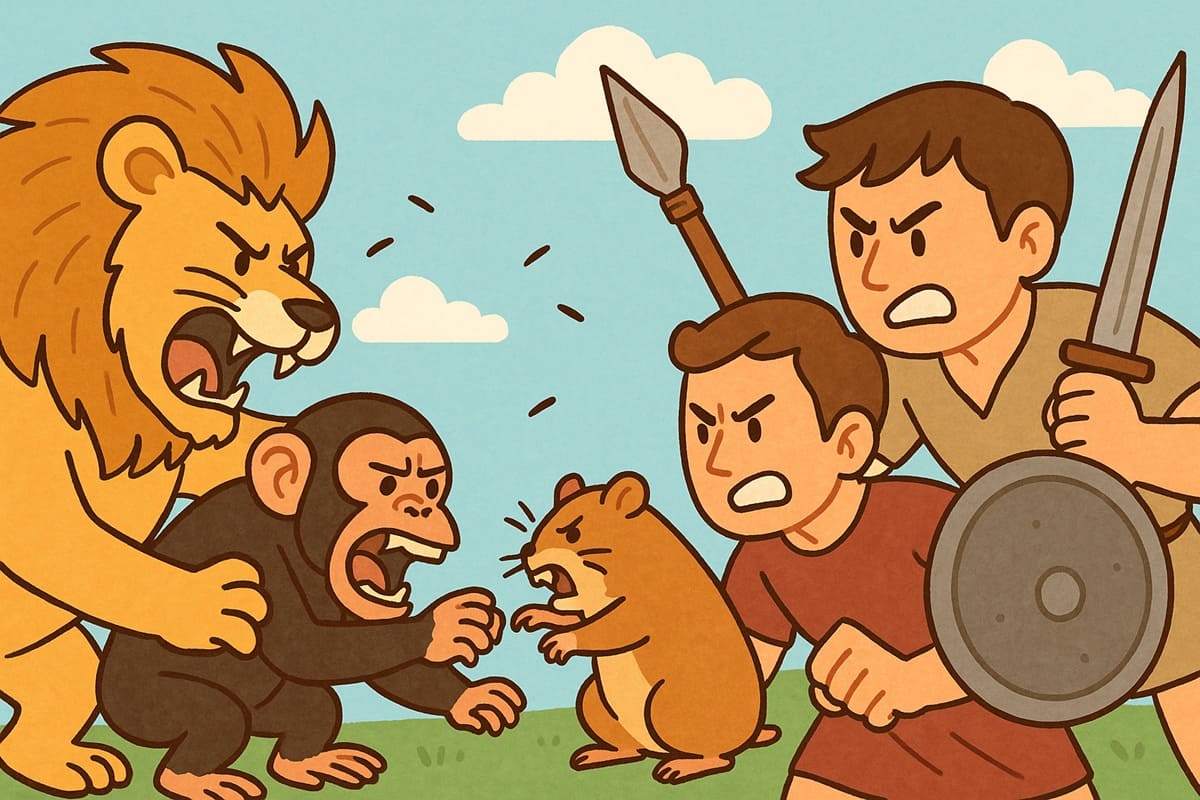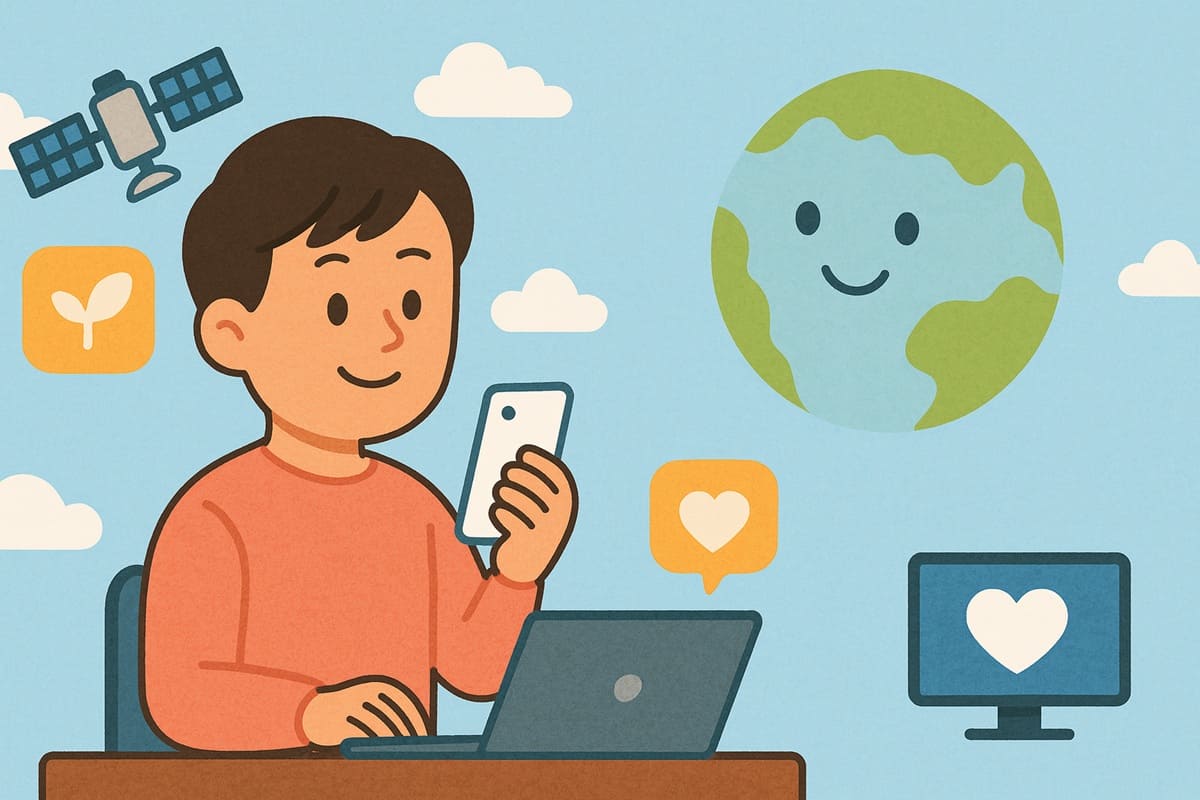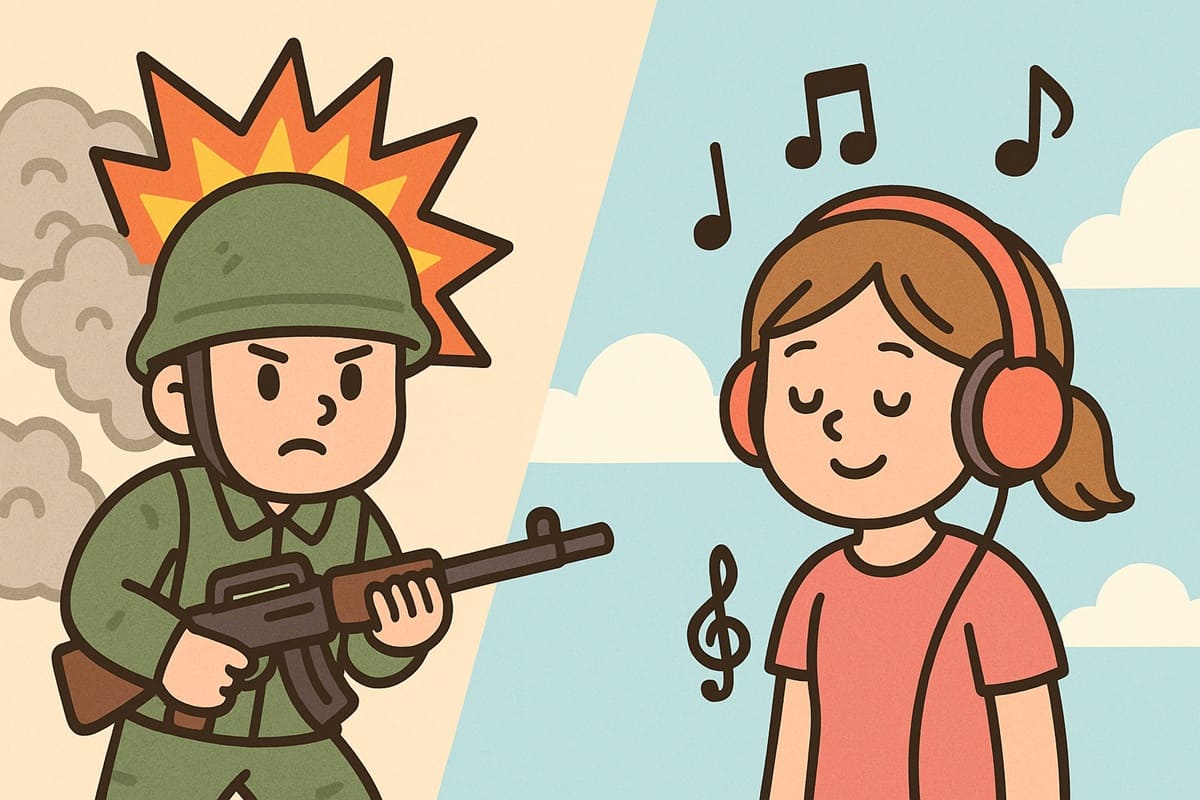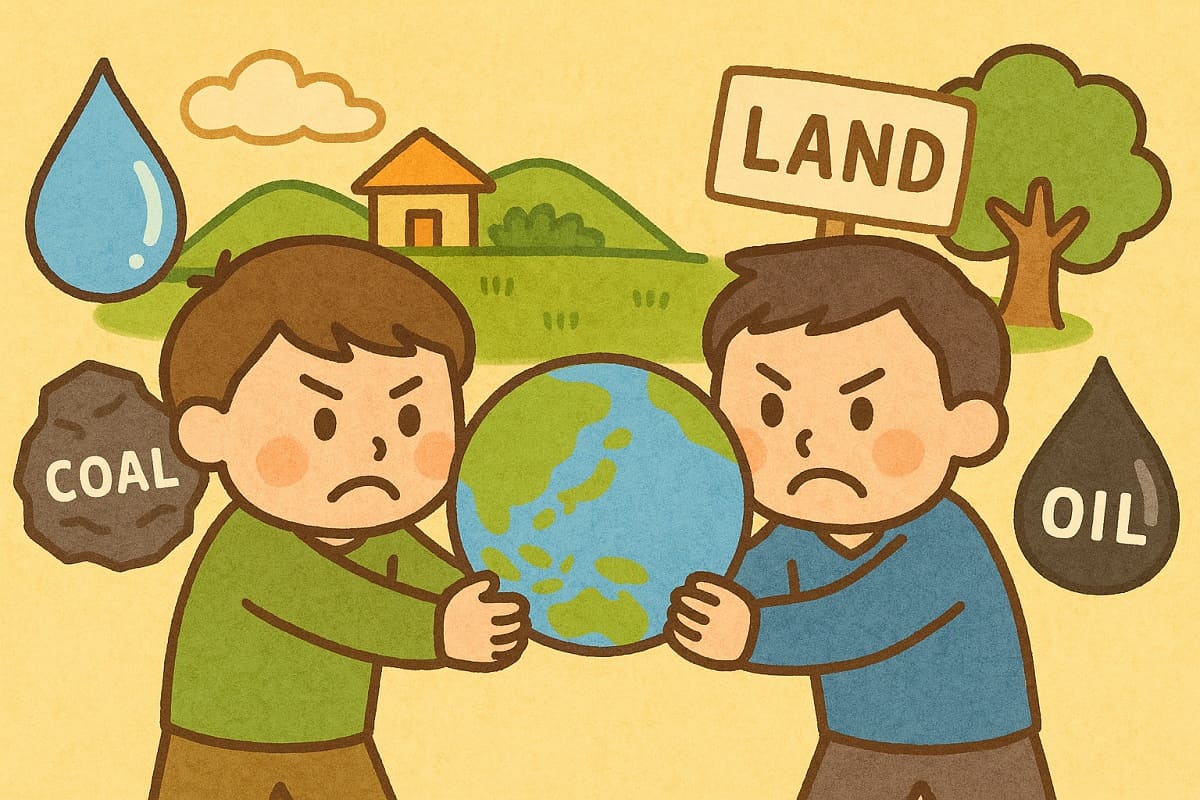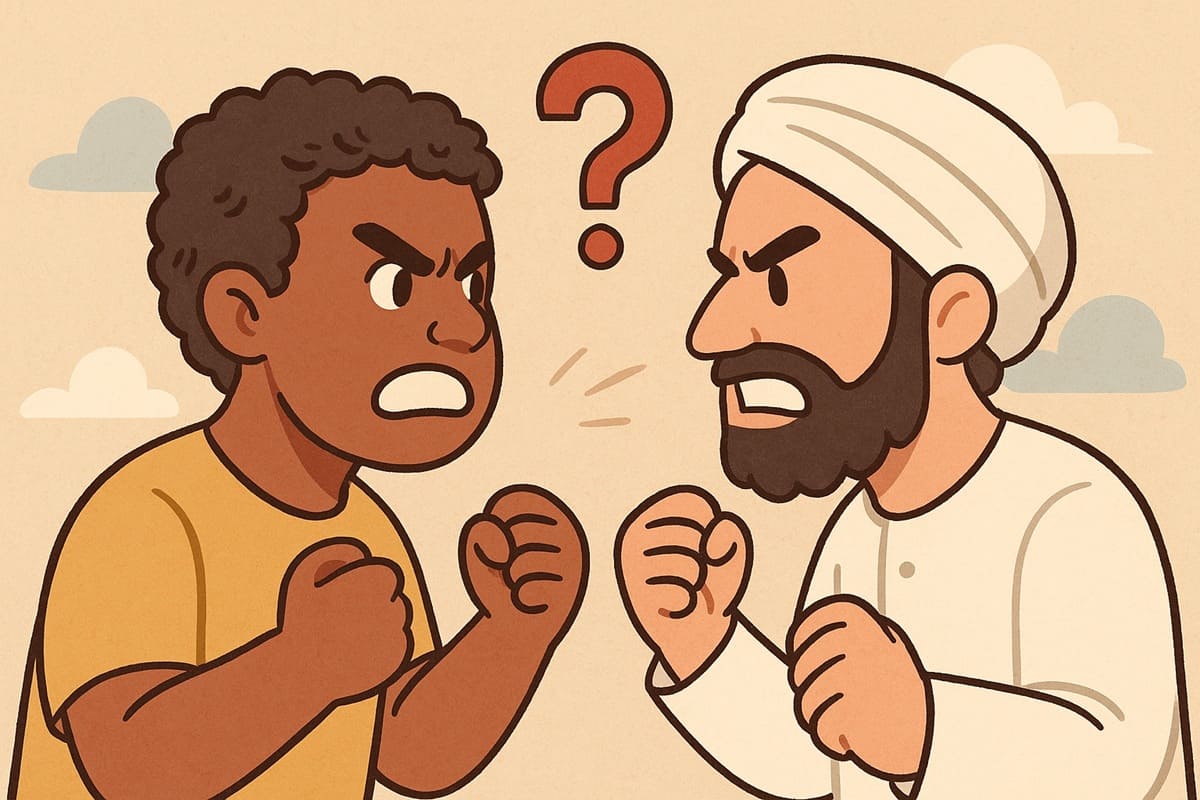Do Democratic Countries Really Avoid War?
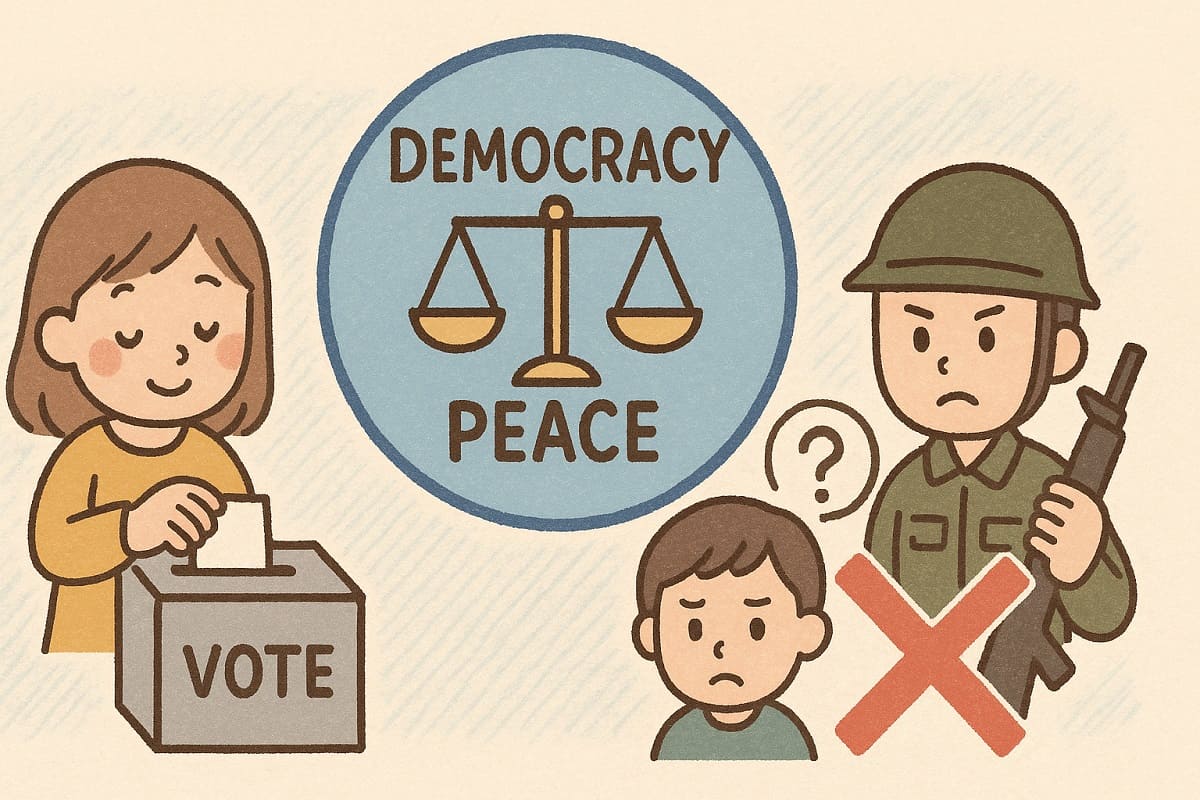
You may have heard someone say, “Democratic countries don’t go to war.” It’s true that countries where people can freely express their opinions and vote for their leaders often give the impression that decisions are made peacefully by listening to everyone’s voice. But is that really the case? Let’s take a closer look at history and data to uncover the truth.
What Is Democracy?
First, what exactly is democracy?
Simply put, it’s a system in which the people choose their leaders and guide the country through shared decisions. Democracy is characterized by elections, freedom of speech, and political decisions made according to the rules.
In contrast, a system where a king or dictator rules the country with little public input is called authoritarianism.
Which Is More Likely to Start a War?
When we look at historical data, it becomes clear that democratic countries do not completely avoid war. Countries like the United States and the United Kingdom—often seen as models of democracy—have been involved in many wars. Examples include the Korean War, the Vietnam War, and the Iraq War.
On the other hand, authoritarian countries have often invaded others or ruled through violence. Some examples are Nazi Germany’s role in starting World War II, North Korea’s invasion of South Korea, the Soviet Union’s invasion of Afghanistan, and Russia’s recent invasion of Ukraine.
In short, both democracies and authoritarian regimes have gone to war. However, the way wars start and how they are carried out often differs between them.
Why Are Democratic Countries Said to Be Less Likely to Go to War?
Still, there are several reasons why people say democracies are less likely to go to war:
1. Public Opinion Matters
In a democracy, the voices of citizens are more likely to be reflected in politics. If a large number of people oppose war, their opinions can influence the government through elections or protests. Politicians, worried about losing elections, are less likely to start wars carelessly.
2. Media and Parliament Provide Checks
Democratic countries have free newspapers and TV stations that can report independently. If the government tries to go to war, these institutions can question whether it’s truly necessary. Also, legislatures and parliaments must pass laws related to war, making it harder for leaders to act on their own.
3. Trust Between Democracies
Democracies tend to trust one another more and believe problems can be solved through discussion. Since their values are similar, they often choose dialogue before resorting to violence.
But War Still Happens
So why do democratic countries still wage war?
For example, the United States has fought many wars for reasons like counter-terrorism and national security. After the 9/11 attacks in 2001, the U.S.—a democratic nation—sent troops to Afghanistan and Iraq.
Also, when a large portion of the population supports a war, it becomes easier for the government to act. In the early stages of the Vietnam War, public opinion in the U.S. was largely supportive, which helped justify the war effort.
In other words, even democratic countries may go to war depending on the will of their people.
Proxy Wars: A Different Kind of Conflict
Some wars are fought indirectly, with countries supporting others rather than fighting themselves. These are called proxy wars.
Famous examples include:
- The Korean War (1950): North Korea, supported by China and the Soviet Union, fought against South Korea, which was backed by the U.S. and others.
- The Vietnam War (1955–1975): North Vietnam (communist) and South Vietnam (democratic) clashed, with the U.S. and the Soviet Union providing support and military aid to different sides.
This shows that even democratic countries may participate in war indirectly by supplying weapons or money rather than sending their own troops.
What Can We Do?
As citizens of democratic nations, is there anything we can do to help avoid war?
While we may not be able to change the world overnight, there are things we can be aware of in our daily lives.
1. Think About Why Wars Happen
Wars don’t just happen out of nowhere. They often stem from complex causes like differences in national interests, competition over resources, misunderstandings, or prejudice.
By asking ourselves, “Why do wars occur?” we can slowly deepen our understanding of peace.
2. Pay Attention to Elections
Elections are important moments that shape a country’s direction. When choosing who to vote for, thinking about “What kind of society does this person want to build?” can help connect our choices to broader ideas like peace.
3. Check Information Carefully
Today, we’re surrounded by information from the internet and social media. But not all of it is accurate—some of it is biased or even false. It’s important to view different perspectives and think critically so we can form well-balanced opinions.
Conclusion
It’s not entirely true to say, “Democratic countries don’t go to war,” but it’s also true that they have systems that make war less likely.
However, systems alone aren’t enough. It’s our individual thoughts and actions that help prevent war.
Let’s each think about what we can do, starting from where we are, to help build and protect peace.
Main References
- Carpenter, T. G. (1997). Democracy and peace. The Independent Review, 2(1), 59–72.
- Filson, D., & Werner, S. (2004). Bargaining and fighting: The impact of regime type on war onset, duration, and outcomes. American Journal of Political Science, 48(2), 296–313.
- Rummel, R. J. (1995). Democracy and war. Rutgers University Press.
- Council on Foreign Relations. (2023). Eight “Hot Wars” During the Cold War.
- HISTORY.com Editors. (2009). Vietnam War: Dates, Causes & Facts.
